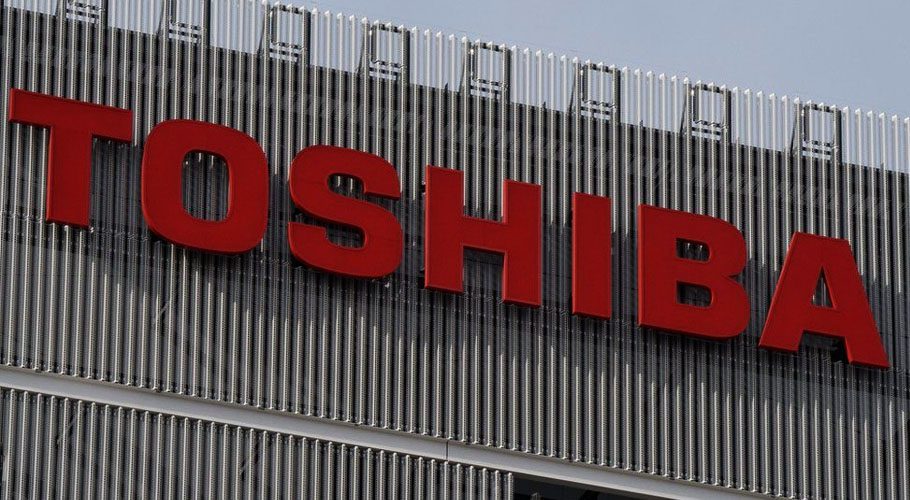TOKYO: Toshiba’s board has approved a plan to split the storied Japanese conglomerate into three companies, following tension with shareholders and a controversial takeover offer.
The announcement confirms reports earlier in the week that said management was under pressure from shareholders to maximise the firm’s value by dividing its businesses.
The proposal aims to spin two companies off from the rest of Toshiba’s operations, one focused on infrastructure and the second on devices. The move is expected to take two years, with the goal of listing both new companies, Toshiba said.
“The separation allows each business to significantly increase its focus and facilitate more agile decision-making and leaner cost structures,” the company said in a statement. “As such, both companies will be much better positioned to capitalise on their distinct market positions, priorities and growth drivers to deliver sustainable profitable growth and enhanced shareholder value.”
The decision comes after months of tumult for the company, including the ouster of its board chairman and revelations that management sought to enlist government help in blocking shareholder action. Toshiba’s breakup comes the same week US industrial powerhouse General Electric called time on its sprawling empire and Johnson & Johnson announced it was splitting up too.
Founded in 1875, Toshiba plans to house its energy and infrastructure divisions in one company while its hard disk drives and power semiconductor businesses will form the backbone of another. A third will manage Toshiba’s stake in flash-memory chip company Kioxia Holdings and other assets.
Toshiba’s strategic review committee said the idea of going private had raised concerns internally about the impact on its businesses and staff retention while offers from private equity firms were not compelling relative to market expectations.
Private equity firms had also conveyed concerns about completing a deal due to possible conflicts with Japan’s national security law and potential opposition from antitrust regulators, the company said.
“After much discussion, we reached the conclusion that this strategic reorganisation was the best option,” Chief Executive Satoshi Tsunakawa told a news conference. He said Toshiba would have chosen to split up regardless of the presence of activist shareholders and that Japan’s powerful trade ministry had not voiced objections to the plan.
The 146-year-old conglomerate has lurched from crisis to crisis since an accounting scandal in 2015. Two years later, it secured a $5.4 billion cash injection from more than 30 overseas investors that helped avoid a delisting but brought in activist shareholders including Elliott Management, Third Point and Farallon.
Tension between management and overseas shareholders has dominated headlines since then. In June, an explosive shareholder-commissioned investigation concluded that Toshiba had colluded with Japan’s trade ministry to block investors from gaining influence at last year’s shareholders meeting.




































